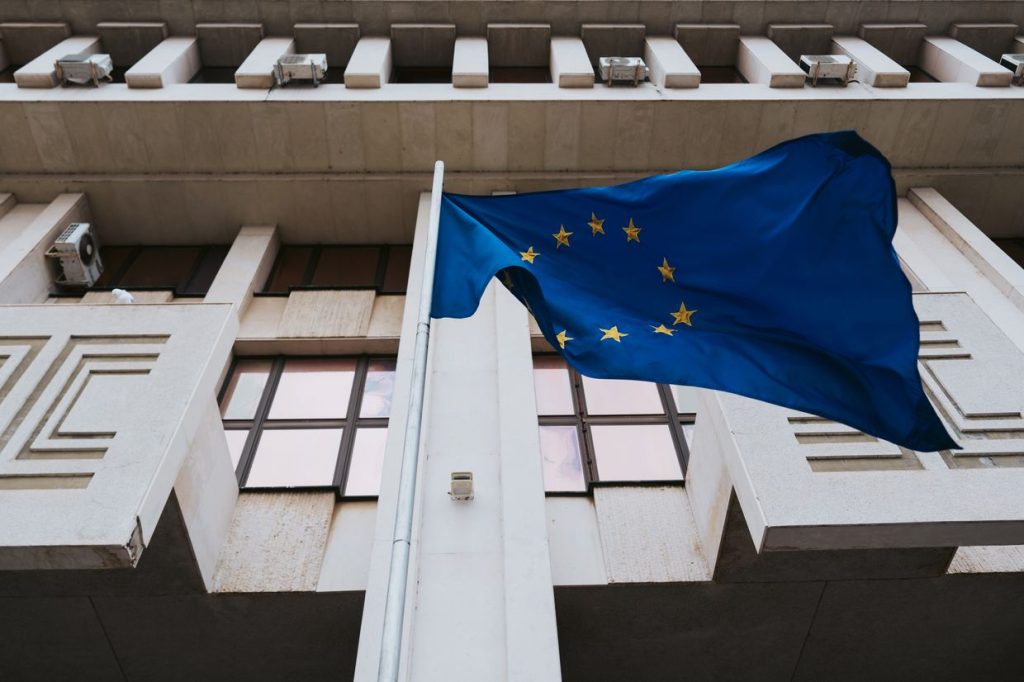The European Union’s Strategic Shift in Foreign Aid
The European Union (EU) is undergoing a significant transformation in its approach to foreign aid, aiming to align its multibillion-euro program more closely with its foreign policy objectives. According to a report by Bloomberg on February 10, the EU seeks to restructure its aid distribution to better serve its strategic interests. These interests include strengthening alliances with like-minded nations, ensuring access to critical raw materials, and addressing the influx of migrants. This shift comes at a time when the EU’s budget, which typically amounts to about 1% of the bloc’s GDP, is being stretched thin by competing demands such as the green transition and increased defense spending, particularly in light of the ongoing war in Ukraine.
The Trump Administration’s Plan to Dismantle USAID
In a move that coincides with the EU’s strategic realignment, the Trump administration has announced plans to dismantle the U.S. Agency for International Development (USAID), a key player in global humanitarian aid. The administration has ordered a three-month freeze on nearly all international development funding and is reportedly preparing to lay off a significant portion of USAID’s global workforce. Despite foreign aid accounting for only 1% of the federal budget, the White House has repeatedly criticized USAID for alleged waste and fraud. The agency’s signage was removed from its headquarters in Washington, signaling a significant shift in U.S. foreign policy priorities.
The Impact of USAID’s Transformation on Ukraine
Since the start of Russia’s full-scale invasion of Ukraine in February 2022, USAID has played a pivotal role in supporting the country. The agency has provided Ukraine with $2.6 billion in humanitarian aid, $5 billion in development assistance, and more than $30 billion in direct budget support. These funds have been instrumental in rebuilding schools damaged by Russian attacks, funding bomb shelters, repairing critical energy infrastructure, and supporting civil society initiatives. The transformation of USAID under the Trump administration, however, threatens to undermine decades of work that have contributed to Ukraine’s development and stability. The suspension of U.S. foreign aid programs could have far-reaching consequences for Ukraine and other countries that have benefited from American assistance.
The Broader Implications of Foreign Aid Restructuring
The EU’s decision to restructure its foreign aid program and the Trump administration’s plan to dismantle USAID reflect broader shifts in global politics and international relations. Both moves highlight a growing trend toward more targeted and strategically aligned foreign aid, as well as a reevaluation of the role of international assistance in achieving national interests. The EU’s focus on strengthening alliances and securing access to raw materials underscores the importance of economic and geopolitical considerations in shaping aid policies. Similarly, the U.S. administration’s actions suggest a more inward-looking approach to foreign policy, with a greater emphasis on domestic priorities over international development.
The Human Cost of Foreign Aid Restructuring
While the strategic realignment of foreign aid may serve the immediate interests of the EU and the U.S., it also raises concerns about the potential humanitarian consequences. The restructuring of aid programs could lead to a reduction in funding for critical development projects, particularly in regions that are already vulnerable. For countries like Ukraine, which have come to rely heavily on international assistance, the suspension or reduction of aid could exacerbate existing challenges and undermine progress toward stability and prosperity. The human cost of such decisions should not be overlooked, as they have the potential to affect millions of people around the world who depend on foreign aid for their livelihoods.
Conclusion: A New Era of Foreign Aid Policy
The decisions by the EU and the U.S. to restructure their foreign aid programs mark the beginning of a new era in international development. While the EU’s approach seems to emphasize strategic alignment and targeted assistance, the Trump administration’s plan to dismantle USAID signals a more radical shift in U.S. foreign policy. As both entities navigate the complexities of their new aid strategies, it remains to be seen how these changes will impact global stability, development, and humanitarian efforts. One thing is clear, however: the transformation of foreign aid policies will have far-reaching consequences, both for the countries providing assistance and for those receiving it.












